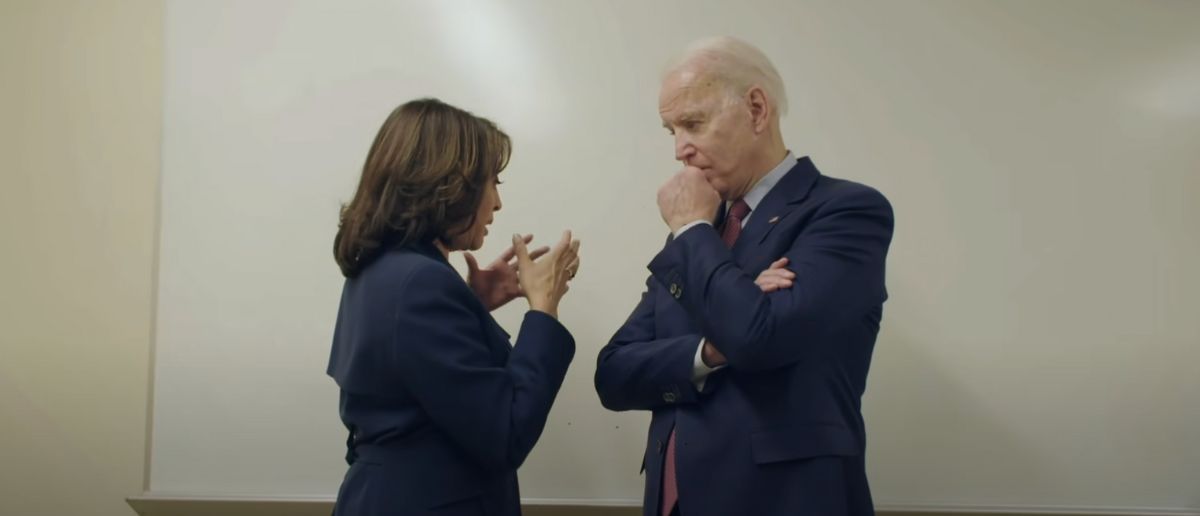
On the face of it, Kamala and Joe were as thick as thieves. But deep down there was resentment.
Now Kamala Harris went for Joe Biden’s jugular in a betrayal like no other.
In her upcoming memoir, 107 Days, former Vice President Kamala Harris sharply criticizes President Joe Biden’s choice to pursue a second term in 2024, calling it a reckless decision driven by personal ambition.
“Was it grace, or was it recklessness? In retrospect, I think it was recklessness,” Harris writes, as revealed in an excerpt obtained by The Atlantic on September 10. She argues, “The stakes were simply too high. This wasn’t a choice that should have been left to an individual’s ego, an individual’s ambition. It should have been more than a personal decision.”
Her candid remarks point to a Democratic leadership that prioritized loyalty over strategic judgment, raising concerns about the party’s handling of critical electoral decisions.
Harris’s critique suggests that Biden’s insistence on running, despite visible concerns about his stamina, placed the Democratic Party in a precarious position. Her comments reflect a broader frustration with the party’s failure to address these issues head-on, potentially weakening their stance against Republican opponents.
Silence Amid Growing Concerns
Harris acknowledges her own hesitation to challenge Biden’s candidacy during what she describes as “all those months of growing panic” about his cognitive health.
She defends her silence as an act of loyalty, stating, “And of all the people in the White House, I was in the worst position to make the case that he should drop out. I knew it would come off to him as incredibly self-serving if I advised him not to run. He would see it as naked ambition, perhaps as poisonous disloyalty, even if my only message was: Don’t let the other guy win.”
She adds that the refrain, “‘It’s Joe and Jill’s decision,’” became a mantra among Democrats, hinting at a party culture that stifled dissent and avoided tough conversations.
This reluctance to act, Harris implies, stemmed from a Democratic tendency to prioritize unity over pragmatism, potentially costing them political ground. Her account paints a picture of a party leadership that sidestepped accountability, leaving critical decisions to Biden’s personal resolve rather than collective strategy.
Defending Biden While Acknowledging Flaws
Despite her criticisms, Harris maintains that Biden was capable of leading, rejecting claims of a White House cover-up regarding his health.
“Many people want to spin up a narrative of some big conspiracy at the White House to hide Joe Biden’s infirmity. Here is the truth as I lived it. Joe Biden was a smart guy with long experience and deep conviction, able to discharge the duties of president,” she writes.
She contrasts Biden favorably with Donald Trump, claiming, “On his worst day, he was more deeply knowledgeable, more capable of exercising judgment, and far more compassionate than Donald Trump on his best.”
However, Harris concedes that Biden’s age led to noticeable struggles, particularly after grueling schedules.
“But at 81, Joe got tired. That’s when his age showed in physical and verbal stumbles,” she notes, pointing to the June 2024 debate as a low point following intense travel.
While she insists, “I don’t believe it was incapacity. If I believed that, I would have said so,” her memoir suggests a Democratic Party that clung to loyalty at the expense of addressing evident vulnerabilities, a misstep that may have fueled skepticism about their leadership and decision-making.





